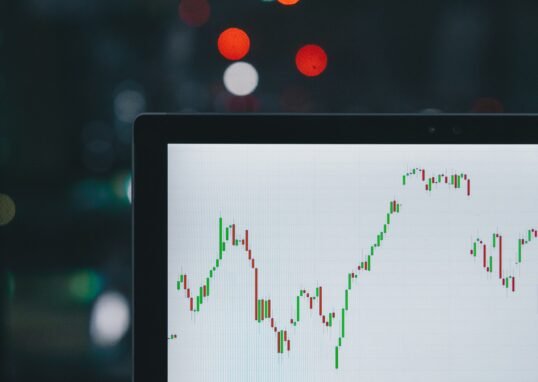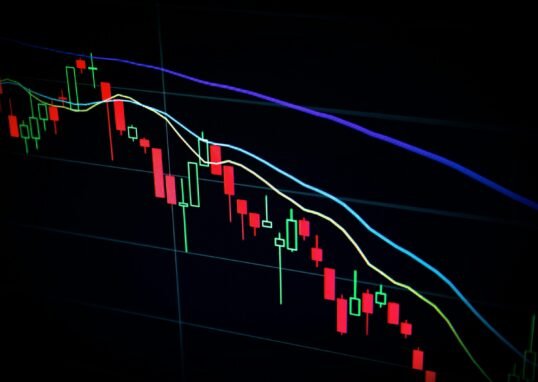
In the world of financial trading, a high leverage broker plays a significant role for traders looking to amplify their trading positions and potentially increase their profits. In this article, we will explore what a high leverage broker is and the benefits it offers to traders.
What is a High Leverage Broker?
A high leverage broker is a financial intermediary that provides traders with the ability to trade with a higher level of leverage than what is typically offered by traditional brokers. Leverage allows traders to control larger positions in the market with a smaller amount of capital. For example, a broker offering a leverage ratio of 1:100 allows traders to control a position that is 100 times larger than their initial investment.
High leverage brokers primarily operate in the forex (foreign exchange) and contract for difference (CFD) markets. These brokers enable traders to access a wide range of financial instruments, including currencies, commodities, indices, and stocks, with significantly reduced capital requirements.
The Benefits of High Leverage Brokers
1. Increased Trading Power:
One of the key benefits of using a high leverage broker is the ability to increase your trading power. By leveraging your capital, you can control larger positions and potentially generate higher returns. This can be particularly advantageous for experienced traders who have a solid understanding of the market and risk management strategies.
2. Greater Profit Potential:
With higher leverage, traders have the opportunity to magnify their profits. Even small market movements can result in substantial gains when trading with leverage. However, it is important to note that leverage can also amplify losses, so it is crucial to use it responsibly and implement appropriate risk management techniques.
3. Diversification of Trading Strategies:
High leverage brokers offer a wide range of financial instruments, allowing traders to diversify their trading strategies. With access to various markets, traders can take advantage of different trading opportunities and mitigate risk by spreading their investments across multiple assets.
4. Lower Capital Requirements:
Unlike traditional brokers, high leverage brokers typically require lower initial capital to open a trading account. This makes trading more accessible to a wider range of individuals, including retail traders and those with limited funds. However, it is important to remember that while lower capital requirements can provide opportunities, they also come with increased risk.
5. Flexibility and Convenience:
High leverage brokers often provide flexible trading conditions, including the ability to trade 24/7, access to advanced trading platforms, and a wide range of order types. This flexibility allows traders to adapt to changing market conditions and execute their trading strategies effectively.
6. Educational Resources and Support:
Many high leverage brokers offer educational resources and support to help traders enhance their trading skills and knowledge. These resources may include webinars, tutorials, market analysis, and dedicated customer support. Having access to such resources can be invaluable, especially for novice traders who are just starting their trading journey.
Conclusion
A high leverage broker provides traders with the opportunity to amplify their trading positions and potentially increase their profits. By offering increased trading power, greater profit potential, and lower capital requirements, these brokers have become popular among traders looking to maximize their trading opportunities. However, it is important to approach trading with leverage responsibly and implement effective risk management strategies to protect against potential losses.
Before choosing a high leverage broker, it is crucial to thoroughly research and consider factors such as regulatory compliance, reputation, trading conditions, and customer support. By doing so, traders can ensure they are partnering with a reliable and trustworthy broker that aligns with their trading goals and objectives.








